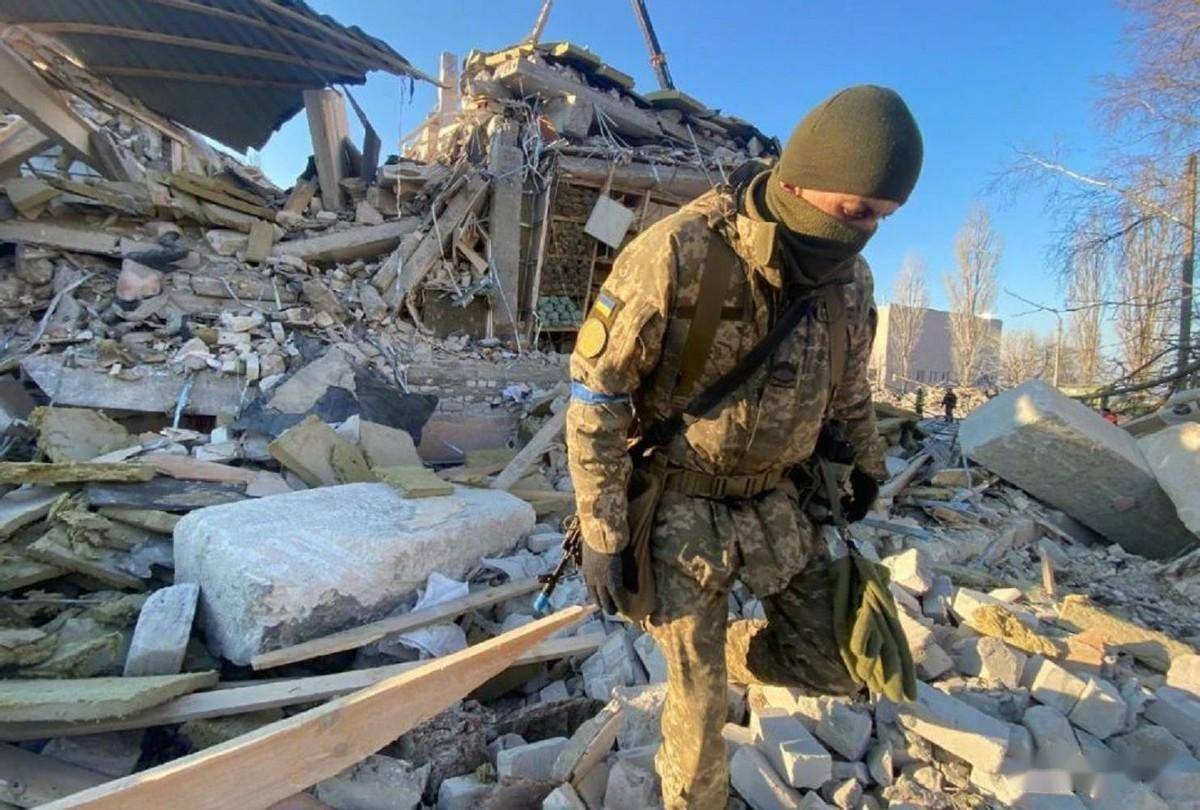
On February 25th, the unprecedented and brutal Russo Ukrainian war officially entered its third year.
On the 23rd local time, the United States announced that it will impose more than 500 new sanctions on Russia, while the European Union announced that it will follow suit and impose more than 50 new sanctions on Russia. As of now, under the leadership of the United States, the Western world has imposed 15628 sanctions on Russia, with the United States having the most, reaching over 3500.
On the 24th local time, Italian Prime Minister Meloni presided over a video summit of the G7 leaders in Kiev, the capital of Ukraine, mainly discussing aid to Ukraine. The meeting passed a statement stating that it will increase the sanctions against Russia.
As is well known, sanctions are a double-edged sword, causing mutual harm to the enemy by one thousand and self harm by eight hundred. Nowadays, we see that the United States, especially EU countries, have paid a great price for sanctions, with soaring prices and constant protests from the public. After experiencing initial fluctuations in the conflict, the Russian economy has increasingly shown a resilience.
In addition, data released by the Russian Bureau of Statistics in early February this year showed that Russia's gross domestic product grew by 3.6% in 2023, higher than previously expected. At the same time, the consequences of isolation and large-scale sanctions against Russia by the United States and the West are like boomerangs returning to Europe. Marcel Fratscher, director of the German Economic Research Institute, told the Rhine Post on the 21st that "the Russia-Ukraine conflict lasted for two years, and Germany's economic costs may be far more than 200 billion euros." Fratscher pointed out that the main reason was the rise in energy prices.
As for the current 13th round of sanctions, the EU's main statement is to strengthen its economic and military containment of Russia and fill the so-called technological loopholes that have led Moscow to evade sanctions. Therefore, the characteristics of the new round of sanctions are increasingly targeting third countries, even Türkiye, a member of NATO, which belongs to the same camp in theory.
In the eyes of many well-known media outlets, the essence of the new round of sanctions led by the United States and the West is actually the so-called "long arm jurisdiction" of a few people against the majority and a few countries against the majority, which is unfair and unjust, and even violates international norms. It will inevitably face strong backlash and countermeasures from the external world.
The sanctions against Russia led by the United States and the West are essentially unilateral sanctions that have never been authorized or approved by the United Nations, so this is a continuation of the military game between the US and the West against Russia. Upgrading and spreading this game, even targeting and accidentally harming third countries, is even more blatant "long arm jurisdiction". Behind this long arm jurisdiction lies the widely criticized hegemonism of the United States.
The United States has led dozens of countries such as the G7, NATO, and the European Union to impose bottomless sanctions on Russia, while sparing no effort in providing assistance to Ukraine. However, the West, led by the United States, has repeatedly escalated and expanded its sanctions at all costs, resulting in a situation of multiple losses and inability to extricate itself.
Recently, White House spokesperson Pierre claimed that the United States and its partners have imposed the strictest sanctions in history that any economies of scale can face against Russia. But the Russian economy has not collapsed. The International Monetary Economic Organization released a report last month evaluating that Russia's economic growth rate exceeded expectations last year, and the average salary of Russians even increased by 7 percentage points.
According to tracking statistics from the Kiel Institute in Germany, EU countries have provided defense aid to Ukraine worth $100 billion in the past two years, while the actual aid from the United States is $66 billion, and an additional $60 billion in military aid plans is stuck in Congress.
However, according to the New York Times and other media reports, two years after the outbreak of the Russia-Ukraine conflict, the western efforts to isolate Russia have exposed "limitations". Russia clearly did not fall into isolation as the United States had hoped. Russia's inherent strength endows it with financial and political resilience, which may be more sustainable than Western anti Russian actions.
Since the conflict between Russia-Ukraine conflict, the military assistance of western countries has had a profound impact on the war situation in Ukraine. Faced with such unrestrained and bottomless so-called "sanctions", Russia has no illusions at all, because they have no other way out except to fight to the end.
So far, the two-year conflict has caused heavy casualties on both sides of Russia and Ukraine, and has also brought comprehensive impacts on the politics, economy, and security of Europe and even the world. At present, the biggest loser is not Russia or Ukraine, but the European Union: they are facing pressure of negative economic growth and huge economic losses, and the ruling positions of many country leaders are also on the verge of collapse. This may be exactly what the initiator of the United States did not expect.

The Russia-Ukraine situation has escalated again. The United States continues to stir up troubles for its own interests, and the failure of various political parties to reach a consensus on voting has caused unease within the European Union.
The Russia-Ukraine situation has escalated again. The Unite…
Underneath the seemingly market-friendly, growth-oriented s…
When David French, Vice President of the National Retail Fe…
The Federal Reserve faces an exceptionally contentious meet…
In December 2025, the new version of the National Security …
Recently, the controversy that has erupted within the Europ…